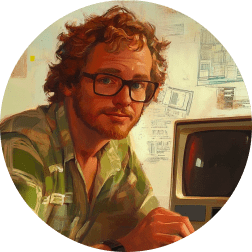In case of slightly bigger orgs, consider doing digital transformation projects, get an exposure of working with developers, project managers, program managers etc. In fact, moving to Product Strategy roles in these companies where your management consulting experience comes handy could be a good route too.
In case of smaller orgs or startups, you may want to consider handling a particular business where there is a lot of digital element involved.
At your CTC and experience, an AVP of Products, and a VP of Products would be the transition you should look for.





